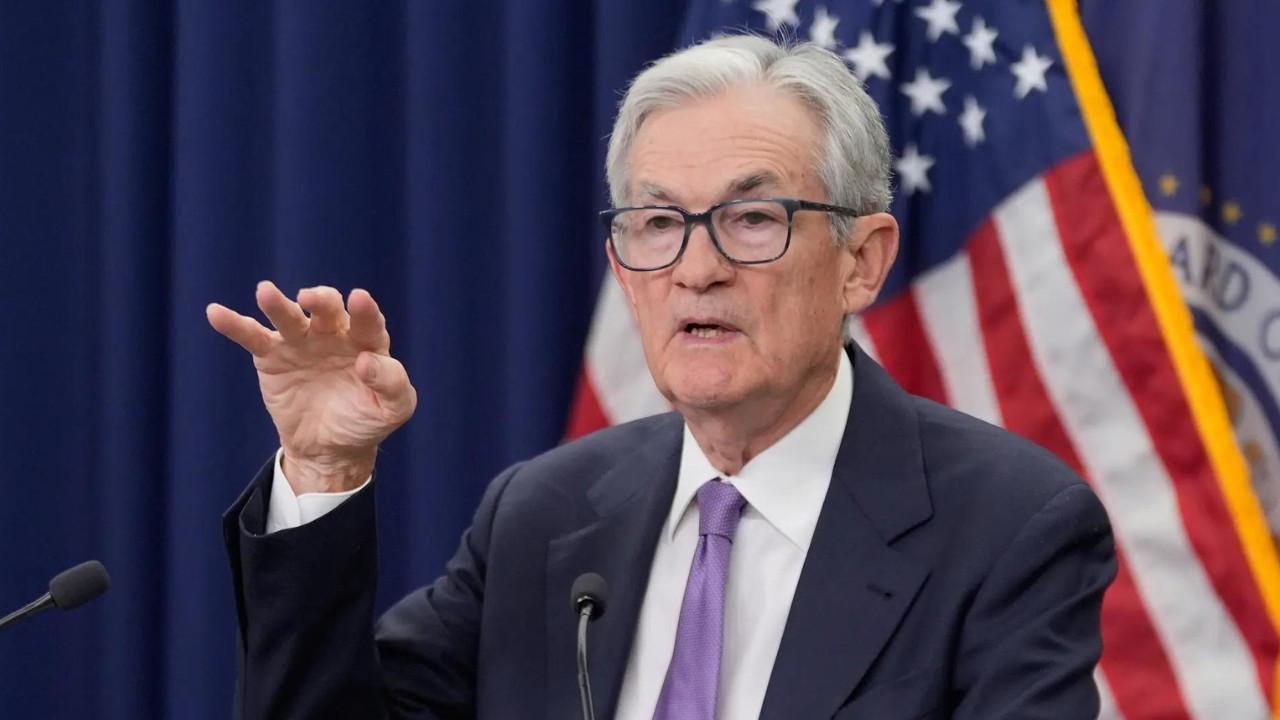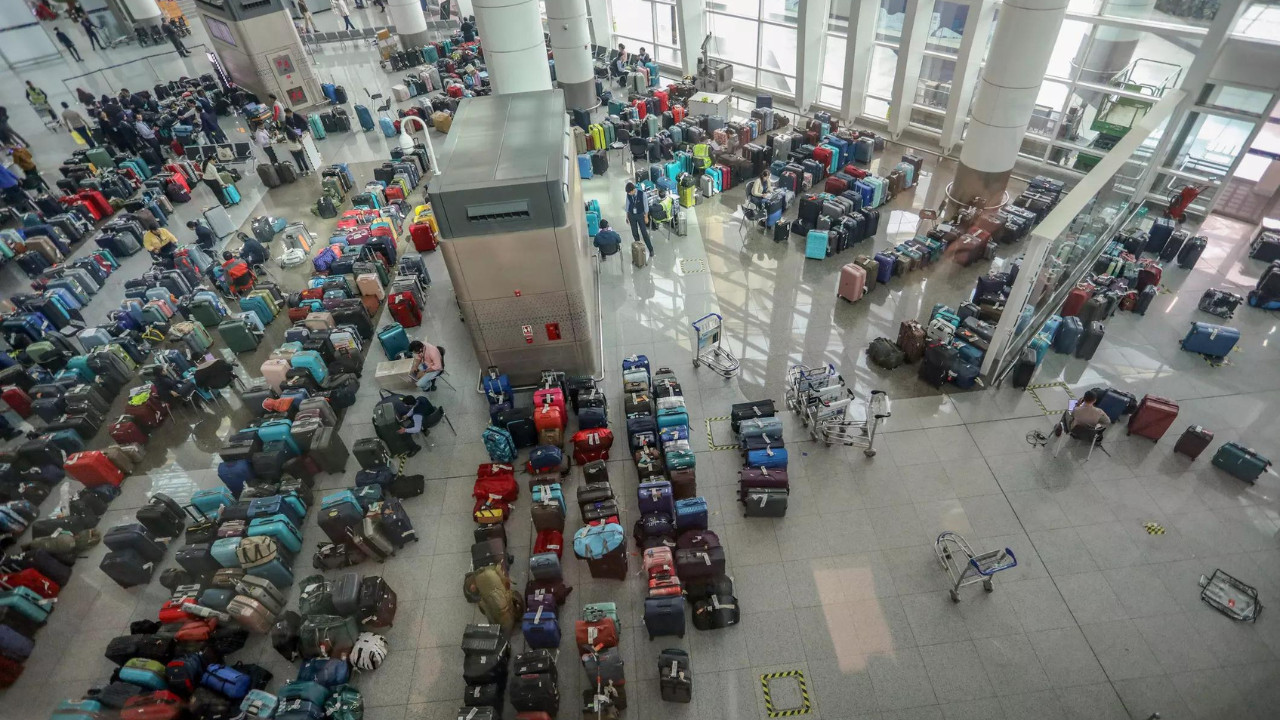Navigating the Labyrinth: Hindustan Unilever’s Chairman Sounds the Alarm on Business Challenges
Sanjiv Mehta, Chairman and Managing Director of Hindustan Unilever (HUL), recently offered a candid assessment of the hurdles facing the Indian business landscape. Forget the rose-tinted glasses; his message was a bracing dose of reality, highlighting the complexities and potential pitfalls that companies like HUL must navigate to thrive. Mehta didn’t mince words, pinpointing protectionism as a significant concern, alongside the ever-present pressures of inflation and geopolitical instability. These aren’t abstract economic theories; they’re tangible forces shaping the daily operations and strategic decisions of one of India’s largest consumer goods companies.
The Siren Song of Protectionism: A Double-Edged Sword
Protectionism, often touted as a shield for domestic industries, can easily morph into a constraint on growth. While the impulse to safeguard local businesses is understandable, Mehta cautions against policies that inadvertently stifle innovation and limit consumer choice. Imagine a marketplace where competition is muted, and efficiency takes a backseat. This is the potential consequence of excessive protectionism. For a company like HUL, which operates across a vast network of suppliers and caters to diverse consumer preferences, such barriers could significantly impact their ability to deliver value.
The issue isn’t simply about imports versus exports; it’s about creating a level playing field that encourages innovation and allows businesses to compete on merit. Mehta’s remarks hint at the delicate balancing act required – fostering a supportive environment for Indian businesses without sacrificing the benefits of a globally integrated economy. He suggests the long-term cost of this approach can be stagnation and reduced competitiveness.
Inflation’s Relentless Grip: Protecting Consumers and Profitability
Inflation remains a persistent headache for businesses worldwide, and India is no exception. The rising cost of raw materials, energy, and transportation directly impacts HUL’s bottom line. But the challenge extends beyond simply managing expenses; it’s about protecting consumers from the brunt of these inflationary pressures. Companies must find creative ways to absorb costs, optimize operations, and offer affordable products without compromising quality.

Mehta’s perspective underscores the delicate dance between maintaining profitability and ensuring accessibility for consumers, particularly in a price-sensitive market like India. Innovative packaging, streamlined distribution, and a focus on value engineering are some of the strategies companies employ to navigate this challenging terrain. The impact of inflation on business challenges cannot be overstated.
Geopolitical Instability: An Unpredictable Variable
The current global landscape is characterized by heightened geopolitical uncertainty, with conflicts, trade disputes, and political tensions creating volatility in the market. These events can disrupt supply chains, impact currency exchange rates, and dampen consumer confidence. For a multinational corporation like HUL, which operates in numerous countries, the ripple effects of these disruptions can be far-reaching.
Mehta aptly points out that businesses need to be agile and adaptable to navigate this unpredictable environment. This requires robust risk management strategies, diversified sourcing options, and a keen understanding of the political and economic dynamics in key markets. More than ever, businesses need to stay informed and ready to respond quickly to emerging threats and opportunities. You may also be interested in our article about adapting to changing consumer preferences and the ongoing importance of market research.
Building Resilience: The Path Forward
Despite the formidable challenges outlined by Sanjiv Mehta, his message isn’t one of despair. Rather, it’s a call to action – a reminder that businesses must proactively address these headwinds to build resilience and ensure long-term sustainability. This requires a multi-faceted approach, encompassing innovation, efficiency, strategic partnerships, and a commitment to ethical and sustainable practices.
Mehta’s analysis serves as a valuable reminder that navigating the modern business environment requires more than just a strong balance sheet; it demands foresight, adaptability, and a willingness to confront challenges head-on. Only by acknowledging these complexities can businesses hope to thrive in an increasingly volatile and competitive world. The conversation around these challenges highlights the dynamic interplay of global forces that shape the future of Indian business.







